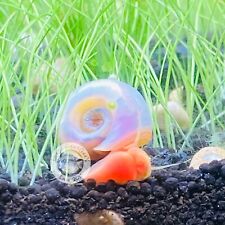Caring For The Geriatric Pet

As an animal gets older, they require a different kind of care. It’s more important than ever to make sure that they get the attention they need. Regular visits to the veterinarian are essential in the welfare of your older pet.
Four legged senior citizens do not require as many calories as a younger one does. It’s a good idea to put your pet on a food that says "low fat" or "senior". Speak to the vet to find out which diet is right for your pet. Puppies require many more calories than an older dog does. Older animals need more fiber and essential elements like protein. Again, work with your vet to find out which food works best on your animal. Animals, like humans, slow down as they age. You certainly would not give an older dog puppy food.
Usually a good veterinarian will explain the proper way on how to care for your geriatric pet. As they age, animals grow more sensitive to temperatures. An arthritic animal will be very uncomfortable with colder air. Always make sure to keep your pet warm and that their bed or sleeping area is properly maintained.
Keep in mind that larger dogs age faster than smaller breeds. Cats as a general rule live longer than dogs. Of course, it’s said that felines have nine lives but why take a chance? Animals are considered to be "older" around the age of seven to eight. Bear in mind that with breeds like Great Danes or Irish Wolfhounds, that age is younger.
Your vet may consider running a battery of tests on your older pet as maintenance. This would include a urinalysis to make sure that the kidneys are functioning normally. The tests would also include an EKG as well as a chest x-ray to insure that the heart is working properly. A stool analysis would be done just to make sure that the animal is maintaining the proper balance of enzymes in the body. This also checks for internal parasites too. And some bloodwork would be done.
This might include a heartworm test (which would be done yearly anyway…even on cats now), a complete blood count (CBC) and an SMA. These tests check to see if the blood is producing enough cells and if there are any abnormalities going on in the body.
If a problem is detected, a good vet will advise the owner on what to do. This might mean long term medication or a change of diet. My cat had kidney problems and had to be on medication as well as eat a special prescription diet. This requires cost and patience on the pet owner’s part. With the right care, a pet can live for a very long time.
Always remember to bring your pet to the doctor every year for their check up and vaccinations and whenever a problem arises. With good "parenting", you can help your pet live to a ripe old age!













